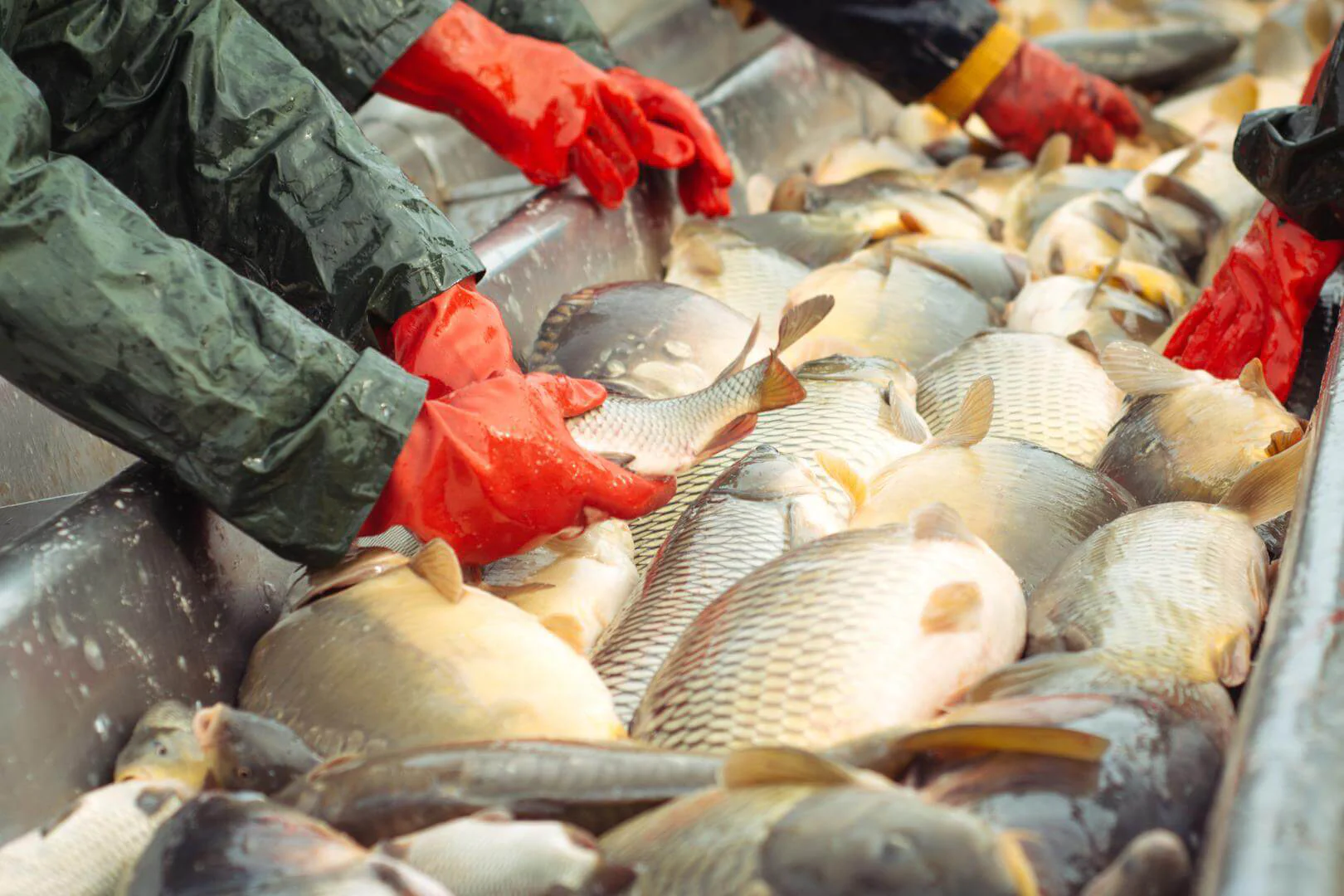PESHAWAR: Aquaculture Expansion Boosts Fish Production and Consumption in Pakistan
In a significant development, Pakistan’s fishery production is witnessing a substantial rise, thanks to the expanding domain of aquaculture. Notably, the consumption of fish has also experienced a noteworthy surge, offering substantial economic value and contributing significantly to income generation and job creation across the supply chain.
Omar Hayat Khan, a respected expert in the fishery sector, emphasized the exceptional economic significance of fish production and consumption. Highlighting the nutritional benefits of fish and fisheries products—rich in high-quality protein, unsaturated fatty acids, vitamins, and minerals—Khan underscored their importance as a vital source of protein, essential nutrients, and omega-3 fatty acids, particularly beneficial for brain development in children and newborns.
However, despite the positive trends in fish production, challenges persist in maintaining the quality and safety of fish from harvest to consumption. Khan noted a lack of regulations in the country to enforce hygiene protocols and ensure the safety and quality of fish for consumers.
One critical aspect that requires attention is the proper handling and transportation of fish after harvesting. The absence of protocols and ice boxes for transportation contributes to a decline in the quality of fish. Khan pointed out that this issue is evident in wholesale fish markets throughout Pakistan, where inadequate handling can lead to degradation in quality.
To address these challenges, Khan stressed the importance of promoting proper hygiene practices among stakeholders. He highlighted the need for capacity building to improve marketing functions, including harvesting, handling, transportation, and auctioning processes. Implementing measures such as thermo-pore transpiration boxes for fish transportation, coupled with the use of ice, can mitigate the impact of loading and unloading, ensuring improved fish quality for consumers.
Moreover, Khan drew attention to the unhygienic conditions in wholesale fish markets, emphasizing the need for cleanliness in marketplaces, quality water usage, and proper storage and temperature control. He called for technical guidance to instill hygiene habits and enhance the capacity of stakeholders in the fish supply chain.
In conclusion, while Pakistan is experiencing a positive trend in fish production through aquaculture expansion, addressing issues related to hygiene and transportation is crucial for sustaining and further enhancing the quality and safety of fish for consumers. Efforts to educate and empower stakeholders in adopting improved sanitation standards will contribute to preventing foodborne diseases and ensuring public health safety.
Positive Trends Persist: Extension of Gains for Most Asian Currencies

